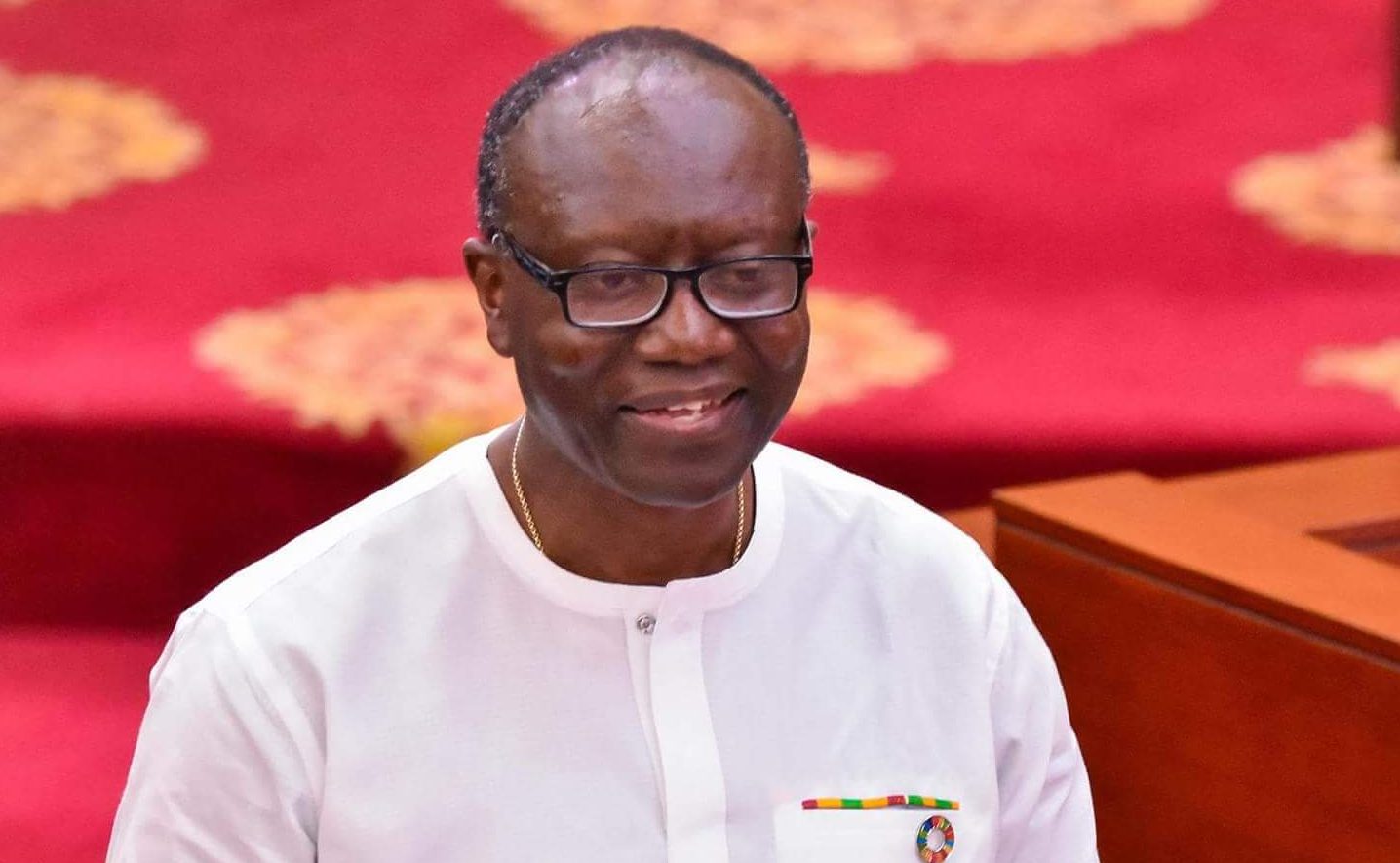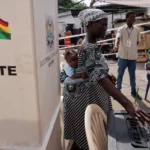Ghana’s Minister of Finance, Ken Ofori-Atta, described the development as “quite a miracle”. He was reacting to the staff-level agreement reached between the IMF team and government officials over $3 billion facility for the country.
This is not the final word on the loan discussions, but definitely a necessary one for the talks to proceed to the next level. A rejection of Ghana’s application at this stage would have ended the country’s hopes for a macroeconomic turnaround. IMF management and the executive board back in Washington, D.C., still need to give the final approval. That is also contingent on Accra providing details on its financing programme.
Ghana’s hope to walk out of its current challenges is anchored on its reform programme. It is an ambitious set of fiscal realignments aimed at reducing the government’s financial obligations over the next several years.
The $3 billion facility will help Ghana to tackle the balance of payments deficit that stood at about $2.5 billion in June, and a debt-to-GDP ratio as high as 81%. Inflation in the country rose to 40.4 per cent in October, a 21-year high, rising from 37.2 per cent in September. Food inflation rose to 43.7 per cent, from 37.8 per cent, over the same period. Also, servicing of the country’s debts consumes almost all of government’s revenue and also 70 per cent of tax revenue, the finance minister disclosed while announcing the debt swap on local bonds.
On the local debt market, the government announced a bond exchange programme, released by Ofori-Atta on December 4, 2022, to the effect that all existing bonds as of December 1, would be replaced by a set of four new bonds maturing in 2027, 2029, 2032, and 2037.
So, when the finance minister said the Accra agreement was a miracle, he knew what he meant. Not everyone believed Ghana’s plan would be acceptable to both the Fund and bondholders. It was hard to believe that a proposal of a zero coupon on a bond would be acceptable to rational investors, who are bought the original bonds in anticipation of revenue flows.
This agreement is an obvious acceptance of Ghana’s economic policies and reforms as discussed above. The Fund noted that the strong reform programme is designed to restore macroeconomic stability and debt sustainability while protecting the vulnerable, preserving financial stability, and laying the foundation for strong and inclusive recovery.
“I am pleased to announce that the IMF team reached staff-level agreement with the Ghanaian authorities on a three-year programme supported by an arrangement under the Extended Credit Facility (ECF) in the amount of SDR 2.242 billion or about US$3 billion. The economic programme aims to restore macroeconomic stability and debt sustainability while laying the foundation for stronger and more inclusive growth. The staff-level agreement is subject to IMF Management and Executive Board approval and receipt of the necessary financing assurances by Ghana’s partners and creditors,” Mr. Stéphane Roudet, the team lead, said.
The final approvals could be given in early 2023, Ofori-Atta announced to the investment community on Tuesday.
In what analysts have described as a bold move, the debt conversion plan indicated that holders of the new bonds would receive zero coupons in 2023, five per cent in 2024, and 10 per cent in 2025, until maturity. These rates were set without regard to what coupons the former bonds carried. For Ghana, what matters now is its debt sustainability, given the high percentage of revenue that is being spent to service its debts.
On the Eurobond market, Ghana’s conditions are even as precarious. The former Gold Coast faces $500m maturing in 2025; $1bn in 2026, and $2bn in 2027 on its Eurobonds.
Reacting to these developments, S&P Global Ratings, for instance, in an obvious rejection of the debt conversation, categorised it as a “distressed exchange offer,” and equated the programme to a default. Further, S&P lowered Ghana’s foreign debt score to CC from CCC+, with a negative outlook on the bonds.
S&P also threatened to downgrade Ghana’s foreign-currency rating to “selective default” should the country try to begin a distressed swap in its foreign bonds.
What is happening in Ghana is close to the current experience in Nigeria. This has raised a question as to whether it is a mere coincidence that Nigeria and Ghana, the dominant economies in West Africa, are facing hard times?
As in Ghana so in Nigeria, where debt servicing is currently gulping a large chunk of government revenue. For Nigeria, local debt rose to N42.84 trillion by the end of June, 2022, rising from N41.60 trillion three months earlier, according to the nation’s Debt Management Office. Nigeria’s foreign debt was put at $40.06 billion, with about $15 billion out of that being outstanding Eurobonds.
While Nigeria has not defaulted on its debt repayment obligations, there is a broad agreement on the fact that the current debt profile of the country, as in Ghana, is not sustainable. The government has said the debt-to-GDP ratio of 23 per cent is well within the 40 per cent limit set by the government. It has also claimed that the current debt profile is sustainable, and on occasions, relevant government officials have declared that restructuring its debts is not an option.
But the changed revenue profile of the government has challenged the validity of these claims. As some analysts have observed, the government does not repay or service its debts from the GDP. Debts are repaid from revenue. This has been proven by the current low revenue flowing to the federal government coffers as a result of a fall in oil receipts.

 Join Daily Trust WhatsApp Community For Quick Access To News and Happenings Around You.
Join Daily Trust WhatsApp Community For Quick Access To News and Happenings Around You.


